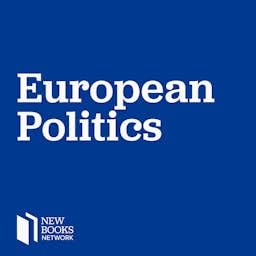In the public eye, Najati Sidqi was known as a journalist and writer, a translator of Russian classics, and an outspoken opponent of Nazism. However, Sidqi concealed a critical component of his life from the world and his family. He was an underground activist for the Palestinian Communist Party, a risky and influential pursuit that took him to early Bolshevik Moscow, British courts and prison cells in Palestine, Nazi Germany, intrigue-heavy interwar Paris, and Civil War Spain, Morocco, and Algeria. Throughout his journey, Sidqi continued to write, even as he faced fascism, intense surveillance, active warzones, the death of friends, and exile. Memoirs of a Palestinian Communist: The Secret Life of Najati Sidqi (U Texas Press, 2025) brings Sidqi’s incredible life and work to light, wryly narrating his international travels, his work as an activist, and his political dealings at a crucial moment for Palestine and the international fight against fascism. Translated from Arabic into English for the first time, it is a riveting firsthand account of an often-overlooked aspect of the history of the global left. Generous supplementary materials make the memoir accessible to students and non-specialist scholars: a preface by Sidqi’s grandson, a foreword by renowned historian Joel Beinin, a translators’ introduction that presents new research on Sidqi’s family history, a map of his travels, and a timeline, as well as a bibliographic essay offering pointers for further research.In this episode, Ibrahim Fawzy sat with Margaret Litvin to talk about The Memoir of Najati Sidqi as a powerful Palestinian life narrative and a groundbreaking collaborative translation project. Ibrahim Fawzy is an Egyptian literary translator and writer. His interests include translation studies, Arabic literature, ecocriticism, disability studies, and migration literature. Learn more about your ad choices. Visit megaphone.fm/adchoices
Show More
Show Less
 33 mins
33 mins Feb 13 202629 mins
Feb 13 202629 mins 29 mins
29 mins Jan 30 202626 mins
Jan 30 202626 mins 49 mins
49 mins Jan 22 20261 hr and 19 mins
Jan 22 20261 hr and 19 mins 1 hr and 23 mins
1 hr and 23 mins 1 hr and 26 mins
1 hr and 26 mins
